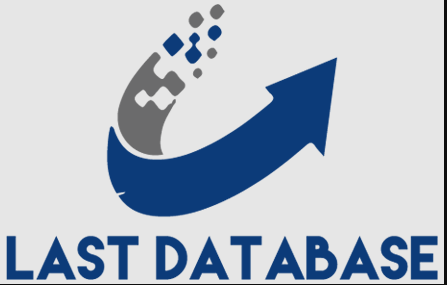In an era characterized by rapid technological advancements. The way we communicate has undergone a transformative shift. From the days of sending letters through the postal service to the instantaneous exchange of messages via social media platforms, communication has evolved significantly. Among these advancements, email stands as a resilient and versatile form of communication that has not only endured but also thrived in the digital age. This article explores the evolution, significance, challenges, and future prospects of email communication, a cornerstone of modern-day interaction.
The Evolution of Email
Email, short for electronic mail, can trace its roots back to the 1960s when the first instances of electronic. Messaging systems British Indian Ocean Territory B2B List were developed for use within academic and research communities. However, it wasn’t until the 1970s that Ray Tomlinson, an American computer programmer, implemented the use of the “@” symbol to denote email addresses, revolutionizing the way messages were sent. The advent of the Simple Mail Transfer Protocol (SMTP) in the 1980s further standardized email communication and allowed messages to be sent across different networks, paving the way for its widespread adoption.
By the 1990s
Email had already begun to make its way into workplaces and homes. Gradually replacing traditional forms of written communication. The emergence Mobile List of user-friendly email clients and services such as Hotmail and Yahoo Mail made email accessible to a broader audience. Fostering its growth into an essential communication tool. As the Internet became more pervasive. Email integrated itself seamlessly into the fabric of daily life.
Formality and Professionalism: Email brought with it a level of formality and professionalism that was often lacking in other. Electronic communication methods. It became the preferred means of communication for official correspondences. Business proposals, and job applications.







